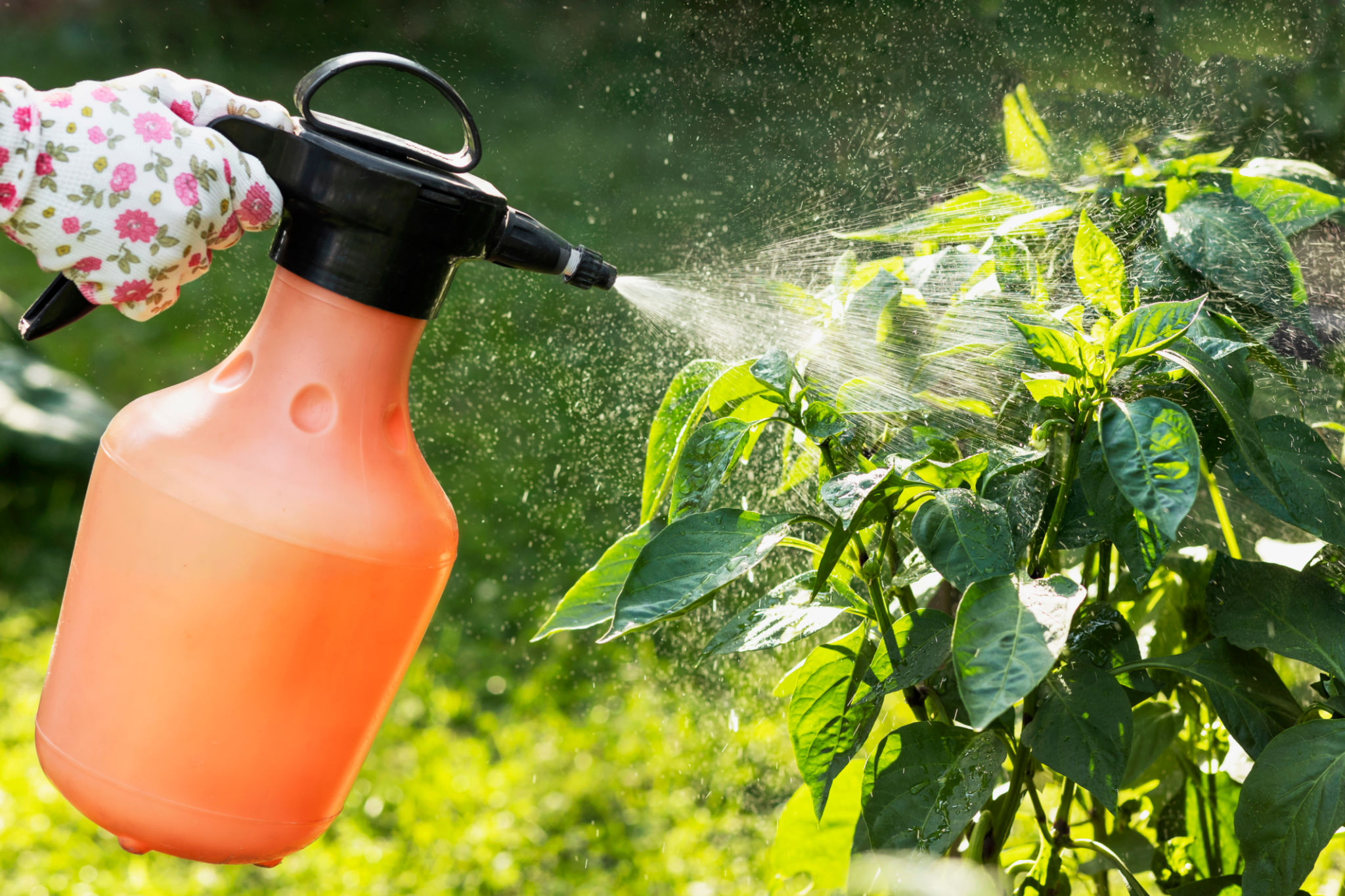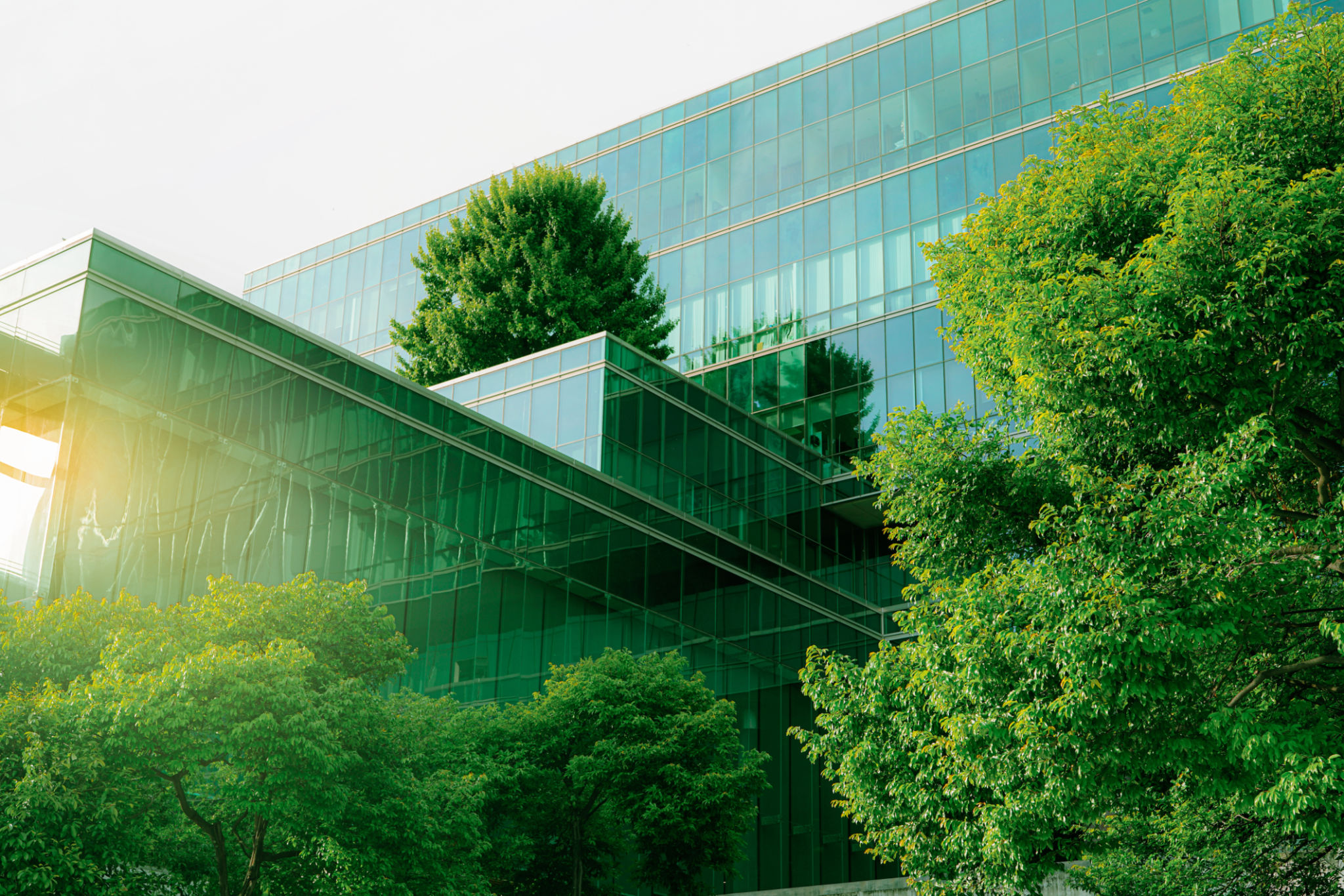Seasonal Tips for Building Maintenance in Ghana's Climate
Understanding Ghana's Climate
Ghana's climate is primarily tropical, with two main seasons: the rainy season and the dry season. Understanding these weather patterns is crucial for effective building maintenance. The rainy season, which spans from April to October in the southern regions, can be particularly challenging due to heavy rainfall. Conversely, the dry season, characterized by the Harmattan winds, brings its own set of challenges with dust and dryness.
Adapting your maintenance schedule to these seasonal changes can help preserve the integrity of your property. Planning ahead can prevent costly repairs and ensure safety for occupants.

Preparing for the Rainy Season
Roof and Gutter Maintenance
Before the onset of the rainy season, it's essential to inspect and maintain your roof and gutters. Ensure that there are no leaks or damaged areas that could lead to water infiltration. Clean out gutters and downspouts to prevent blockages that could cause water damage.
Regular roof inspections can identify potential issues before they become major problems. Consider hiring a professional for a thorough inspection and any necessary repairs.
Waterproofing and Drainage
Waterproofing is vital for preventing moisture from seeping into walls and foundations. Check for cracks in walls and apply waterproof sealants where needed. Additionally, make sure that drainage systems around your building are clear and functioning properly to direct water away from the foundation.

Adapting to the Dry Season
Managing Dust and Air Quality
The Harmattan season brings dry winds laden with dust. This can affect air quality inside buildings and lead to respiratory issues for occupants. To combat this, ensure that windows and doors are properly sealed to minimize dust entry. Regularly clean air filters in HVAC systems to maintain healthy indoor air quality.
Consider planting trees or shrubs as natural barriers against dust. They not only improve air quality but also provide shade, reducing the need for excessive cooling.
Pest Control Measures
The dry season can also lead to an increase in pests seeking shelter indoors. Implementing pest control measures is essential to protect your property. Seal any gaps or cracks in walls, windows, and doors where pests might enter. Regular inspections can help identify infestations early on.

Routine Maintenance Practices
Regardless of the season, routine maintenance is crucial for preserving the longevity of your building. Create a maintenance checklist that includes:
- Regular cleaning of common areas and exteriors
- Inspection of electrical systems
- Checking plumbing systems for leaks
- Servicing HVAC systems
By adhering to a consistent maintenance schedule, you can address minor issues before they escalate into significant problems.
Sustainable Practices for Long-term Benefits
Sustainability should be at the core of building maintenance practices. Consider implementing energy-efficient solutions such as solar panels or LED lighting to reduce energy consumption. Rainwater harvesting systems can be beneficial during both rainy and dry seasons.
Incorporating sustainable practices not only benefits the environment but can also lead to cost savings over time.

In conclusion, adapting building maintenance strategies to Ghana's seasonal climate is essential for property preservation. By preparing for both rainy and dry seasons, implementing routine checks, and embracing sustainable practices, you can ensure your building remains safe, efficient, and environmentally friendly throughout the year.
